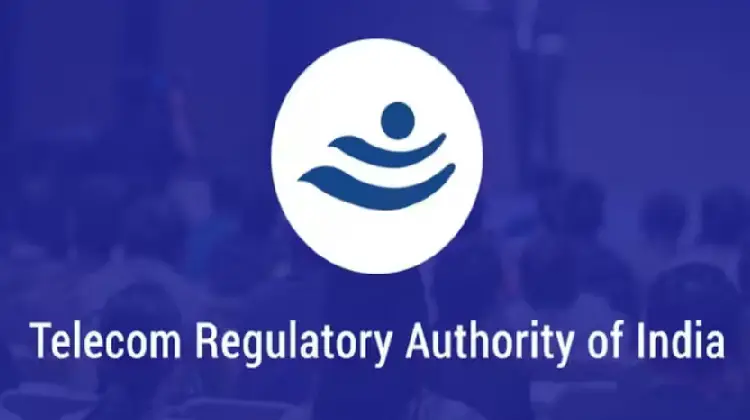The Telecom Regulatory Authority of India (TRAI) has released a comprehensive and updated panel of auditors for Digital Addressable Systems (DAS), a crucial step designed to significantly strengthen broadcast compliance, enhance transparency, and reinforce quality control across India’s vast cable and Direct-to-Home (DTH) ecosystem. The revised panel, which became effective on July 2, 2025, underscores TRAI’s unwavering commitment to rigorous oversight and maintaining high service standards in the rapidly evolving broadcast distribution sector. This move aims to ensure a level playing field for all stakeholders and protect consumer interests in the dynamic media landscape.
The newly released roster of authorized auditors, with mandates extending through April 2027, comprises a diverse group of highly reputed audit firms and professionals. Prominent names on the list include Deloitte Touche Tohmatsu India LLP, Bansal Rathi & Mazumdar, and J.K. Sarawgi & Associates, among many others. In total, 43 audit firms and professionals have been officially empanelled and authorized to conduct DAS audits nationwide, reflecting TRAI’s dedication to robust and widespread scrutiny.
The Pivotal Role of DAS Audits in Broadcast Integrity:
Regular DAS audits are a fundamental component of TRAI’s broader regulatory framework, meticulously designed to foster transparency and ensure equitable operating standards among all participants in the broadcast value chain – including broadcasters, Multi-System Operators (MSOs), and DTH operators. TRAI regulations, notably the Telecommunication (Broadcasting and Cable) Services Interconnection (Addressable Systems) Regulations, 2017, explicitly mandate that all Distribution Platform Operators (DPOs) undergo periodic audits of their systems.
These audits are comprehensive, ensuring that DPOs comply with a wide array of technical and operational obligations. Key areas of verification during these audits include:
- Subscriber Management Systems (SMS): Audits verify the accuracy and integrity of subscriber counts, ensuring that billing is precise and corresponds to active connections. This is critical for fair revenue sharing between broadcasters and distributors.
- Conditional Access Systems (CAS): Auditors confirm that channels are only accessible to authorized subscribers who have paid for specific content packages. This prevents signal piracy and ensures content monetization.
- Accurate Billing: A core component of the audit is to prevent both overcharging and undercharging of consumers, promoting fair practices and consumer trust.
- Set-Top Box Protocols: Compliance with specified technical standards and proper functioning of set-top boxes are also verified, ensuring seamless service delivery to end-users.
The updated auditor panel is specifically designed to reinforce this regulatory framework. By ensuring that DPOs rigorously adhere to these regulatory quality benchmarks and technical parameters, TRAI aims to achieve multiple objectives: safeguarding consumer interests by guaranteeing fair practices and accurate services, ensuring equitable revenue sharing mechanisms among broadcasters and distributors, and maintaining a healthy and competitive environment within the Indian broadcast distribution landscape. This initiative is particularly pertinent as India’s media and entertainment sector continues its rapid digital transformation, making transparent and accurately verified data more critical than ever for industry growth and stability.
Key Highlights:
- TRAI has released a new panel of 43 authorized auditors for Digital Addressable Systems (DAS), effective July 2, 2025, and valid through April 2027.
- This move aims to enhance broadcast compliance, transparency, and quality control across India’s cable and DTH sectors, including firms like Deloitte Touche Tohmatsu India LLP.
- DAS audits are mandatory for Distribution Platform Operators (DPOs) to ensure compliance with regulations on subscriber management, conditional access, accurate billing, and set-top box protocols.
- The initiative seeks to protect consumer interests, ensure fair revenue sharing among stakeholders, and maintain a competitive environment in the evolving digital broadcasting landscape.

